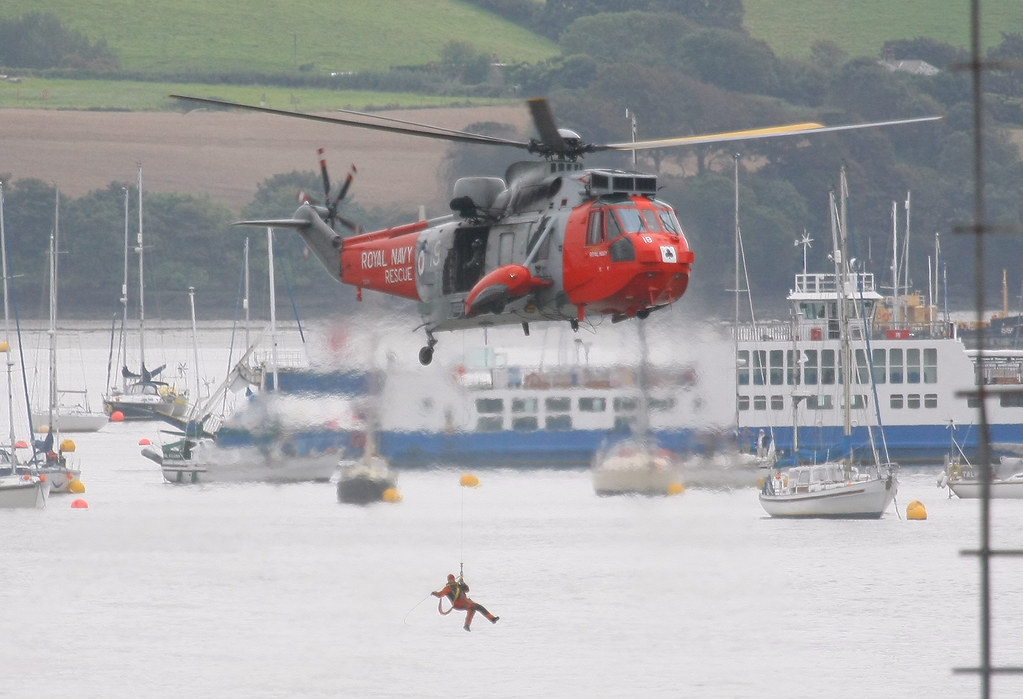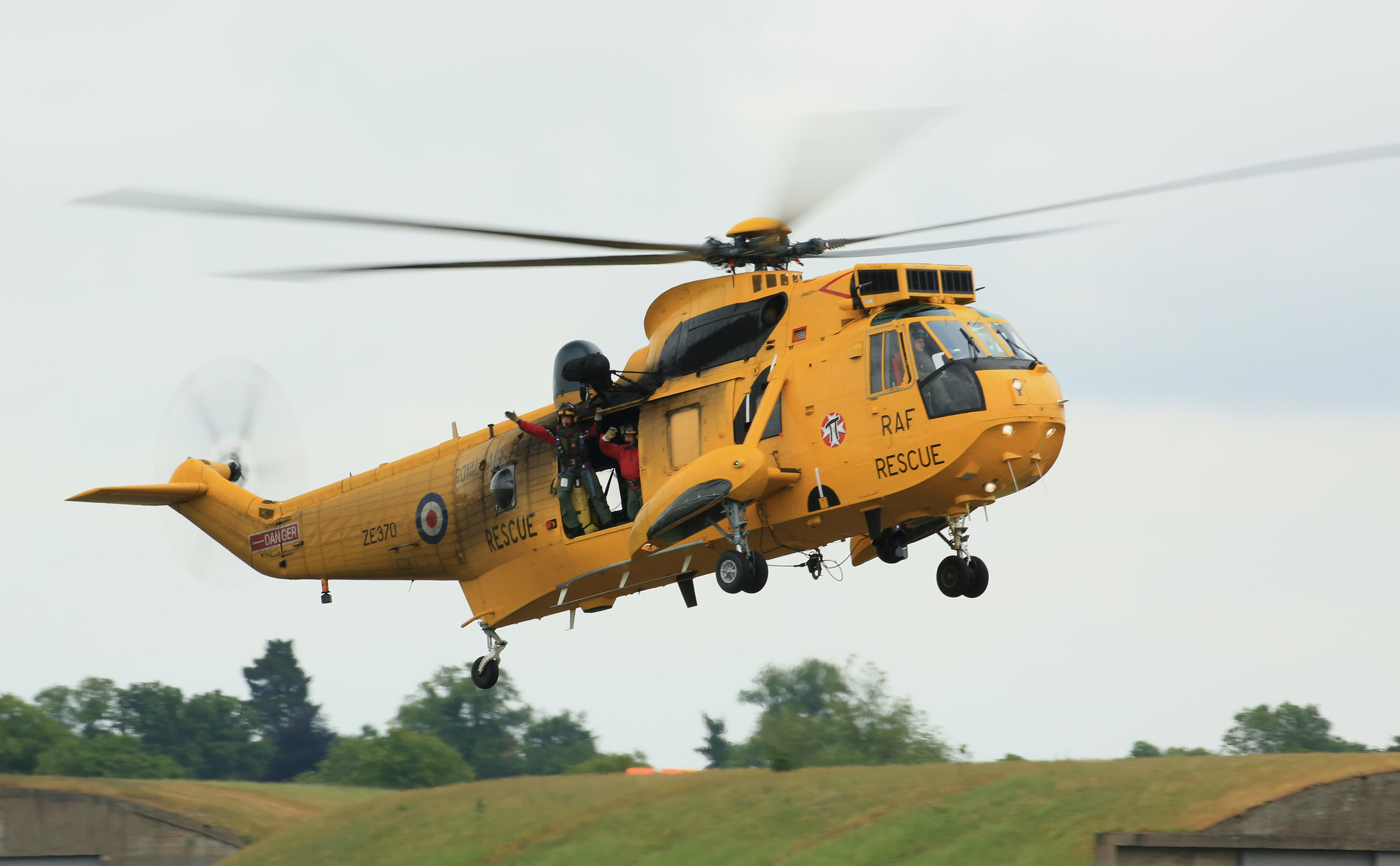* How will we tell one set of bad guys from another ?
* How do you propose that we establish effective operational coordination with the Russians, to avoid casualties to their people on the ground ?
* Can you really see the Americans sharing their dispositions with the Russians ? If not, how can this possibly work without a catastrophe ?
* Will we be sharing our dispositions with the Russians ?
* What exactly will be the scope of our operations ?
* How will you get the Russians to agree, or at least to stay well clear ?
* How will you convince the Turks and other adjoining nations, not to shoot us down ?
* We may be able to deploy ISTAR/AWACS assets from say Akrotiri but we don't have UAV/drones which are qualified to deliver munitions. That means manned bombers.
* What will the bombers we deploy, otherwise not be doing ? Can we afford to neglect that ?
* We have Brimstone. Do we have sufficient airframes fitted for its delivery, or will that be a last minute lash-up ? Do we have enough launcher sets ?
* Do we have enough Brimstone stocks ? Have we been ordering more Brimstone, without getting taken to the cleaners by the supplier ?
* What arrangements have been made to prove the Brimstone logistic supply chain when demand is high ?
* If we are going to use munitions other than Brimstone, what will we do to avoid collateral damage ?
* How will we identify and validate actual targets for the strike packages ?
* Do we know enough about ad hoc target defence capabilities to surpress / destroy them ? With what ?
* How will we determine that those targets have been destroyed ?
* How will we measure capability / numeric degradation of ISIL as a result ?
* How do we know we aren't just going to provoke ISIL growth ? How do we prevent that; we have been remarkably unsuccessful so far. What's different now ?
* If damaged aircraft make it back to a land base, what arrangements have been made to beef up the military fire and rescue services, to increase chances of survival ?
* Given we have no "proper" Aircraft Carriers with arresting gear for conventional aircraft, what will they do if they have put down in the sea ?
* What arrangements have been made with our NATO allies (principally, the French and the US) for our aircraft to be able to make emergency landings on their Carriers ?
* How many RAF crews are currently qualified to land on a carrier ? If they aren't, are we prepared to risk those crews and lose our bombers in the process ?
* Are all our bombers even equipped with arresting gear, to make this a possibility ? What will it take to embark on an equipment fit ?
* If they can't land at sea when damaged, they'll have to ditch. What Royal Navy assets will you be deploying to recover the crews ? Will they be sufficient for the scale of operations ?
* If they are shot down over Syria, surely a nightmare scenario, how will we get the crews back ?
* The UK Search and Rescue service has just been privatised. You have about 2 months before RN 771 Squadron and RAF 22 Squadron have gone for good.


* You would have had the option to deploy them for Combat SAR and contract at home to cover the domestic SAR gap. That possibility has evaporated. How will we get our crews back ?
* What arrangements have been made with our NATO allies for a Combat SAR service, while we work out what we will do and how we will do it ?
* How will our "Expeditionary Air Wing" (however it is constituted) fit into the overall Allied combat command ? (How will they know we need crews rescuing ?)
* Once we have bombed, how will we tell when we have finished the job ? When ISIL is gone (really) ?, When a free and fair election has occurred ?
* If it's a free and fair election (which I seriously doubt can possibly occur), what if we don't like the result ? Are we going to bomb again ?
* What if the Russians, or the Iranians, or the Saudis don't like the result ?
* I believe everyone is agreed that an air campaign alone cannot produce whatever the result we think we need. Boots on the ground are required.
* Where is this source of "regional" manpower ? Which Arabic nations have committed to supply them ? How many trained Brigades, Divisions, Regiments ? Are they enough ?
* How will they be brought into the command structure ? How will we deconflict our missions and avoid bombing them by mistake ?
* Do they have the same objectives as we do ? How will that potential disjoint get resolved ?
* Once the bombing is over, what is our plan then ? Reconstruction ? Humanitarian Assistance ? Protecting Historic Sites ? Nation Building ? For how long ?
* Who do we think the good guys are ? We need to be cultivating them now (and probably for the previous 10 years) to prepare them to govern.
* Are we sure they are the good guys, or just the least worse guys ? If the latter, how will that help the people of Syria ?
* If we judge we have finished in Syria, what about ISIL in Iraq and East Africa ?
* What instructions is the FCO going to give to our embassies and consulates in the region ?
* What travel restrictions / additional security arrangements will be put in place if this all kicks off ?
* What "message" are you giving to organisations such as the British Council ?
* What will we need to do to be seen to assist the Red Cross, Red Crescent, Medicins sans Frontiers ?
* Do we really believe the UN vote gives a mandate and legal cover for all of this ?
* How long will it last ? How much will it cost ?
* Where will Mr Osborne fund it from ? Please tell me we are not proposing to borrow more to achieve this ?
* And lastly, those who usually get overlooked:
* How are we planning to brief our servicemen and women ?
* What improvements are we making to care for the injured ?
* What welfare arrangements are being put in place for the families of those involved ?
Well, I was wrong; we do have UAV/drones which can deploy munitions. 105 Hellfire and 14 GBU-12 individual items released by MQ-9 Reapers of 39 Squadron in Iraq and Syria between 1 Oct 2015 and 31 Mar 2016. Only represents 15.5% of all airborne munitions in both operational theatres, so my main argument still stands.
ReplyDelete